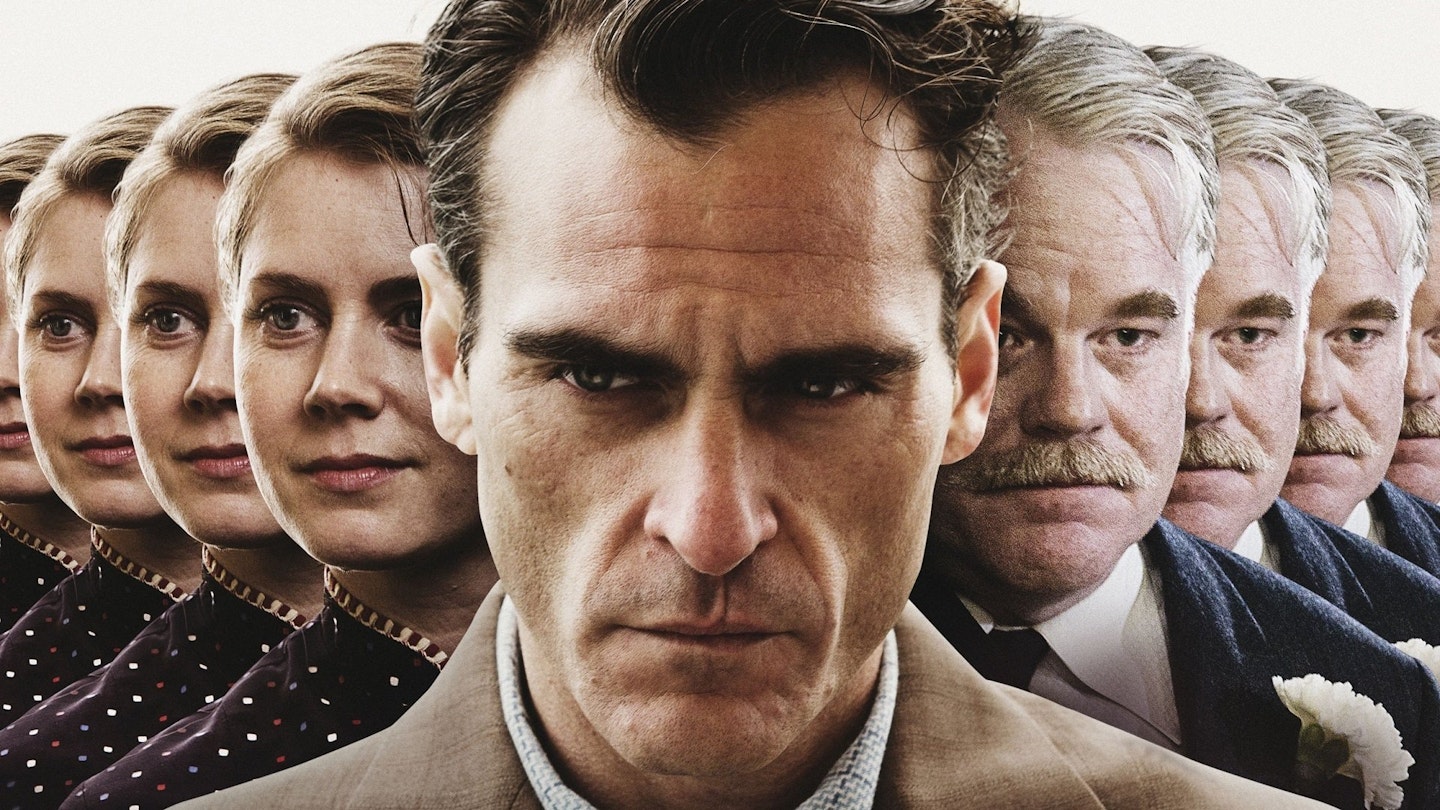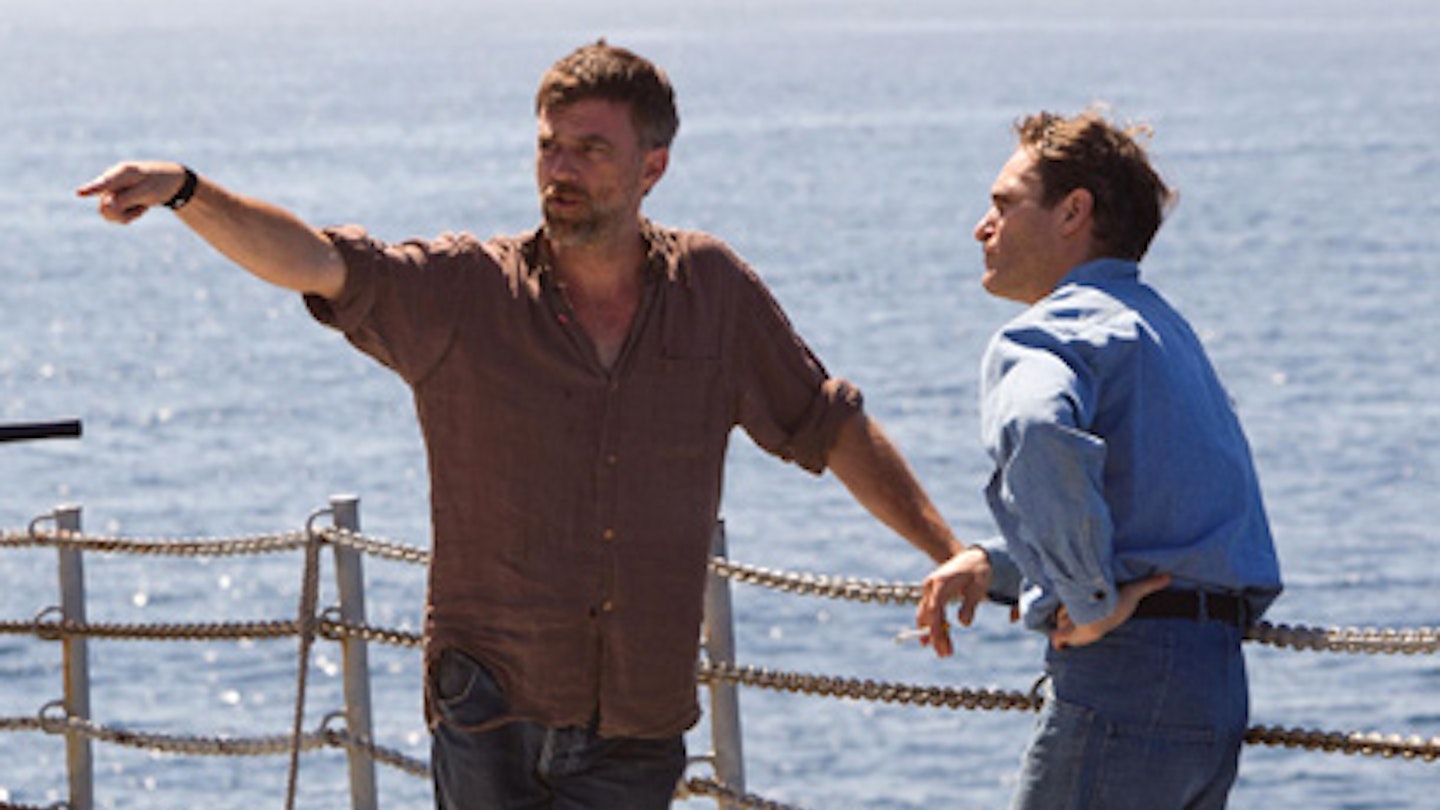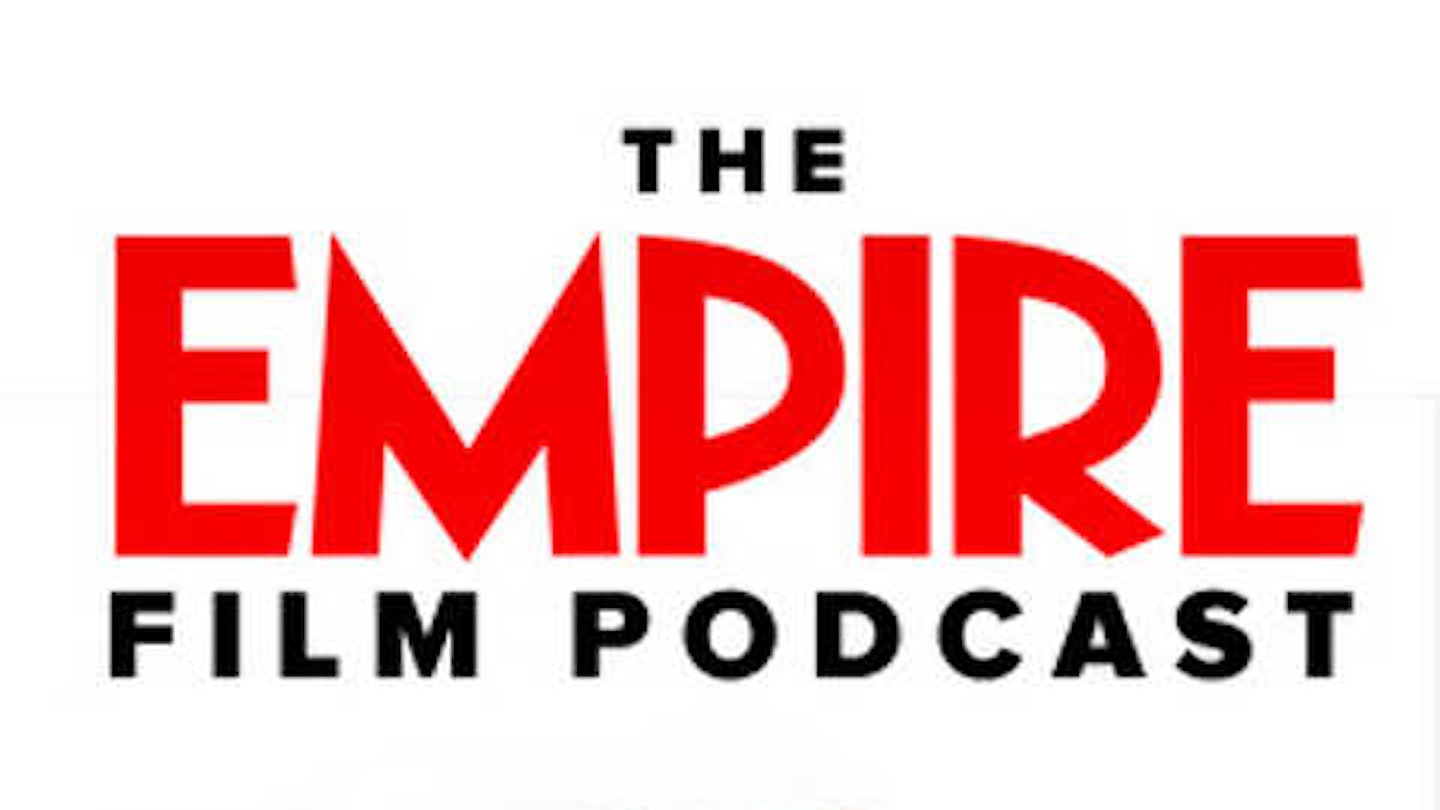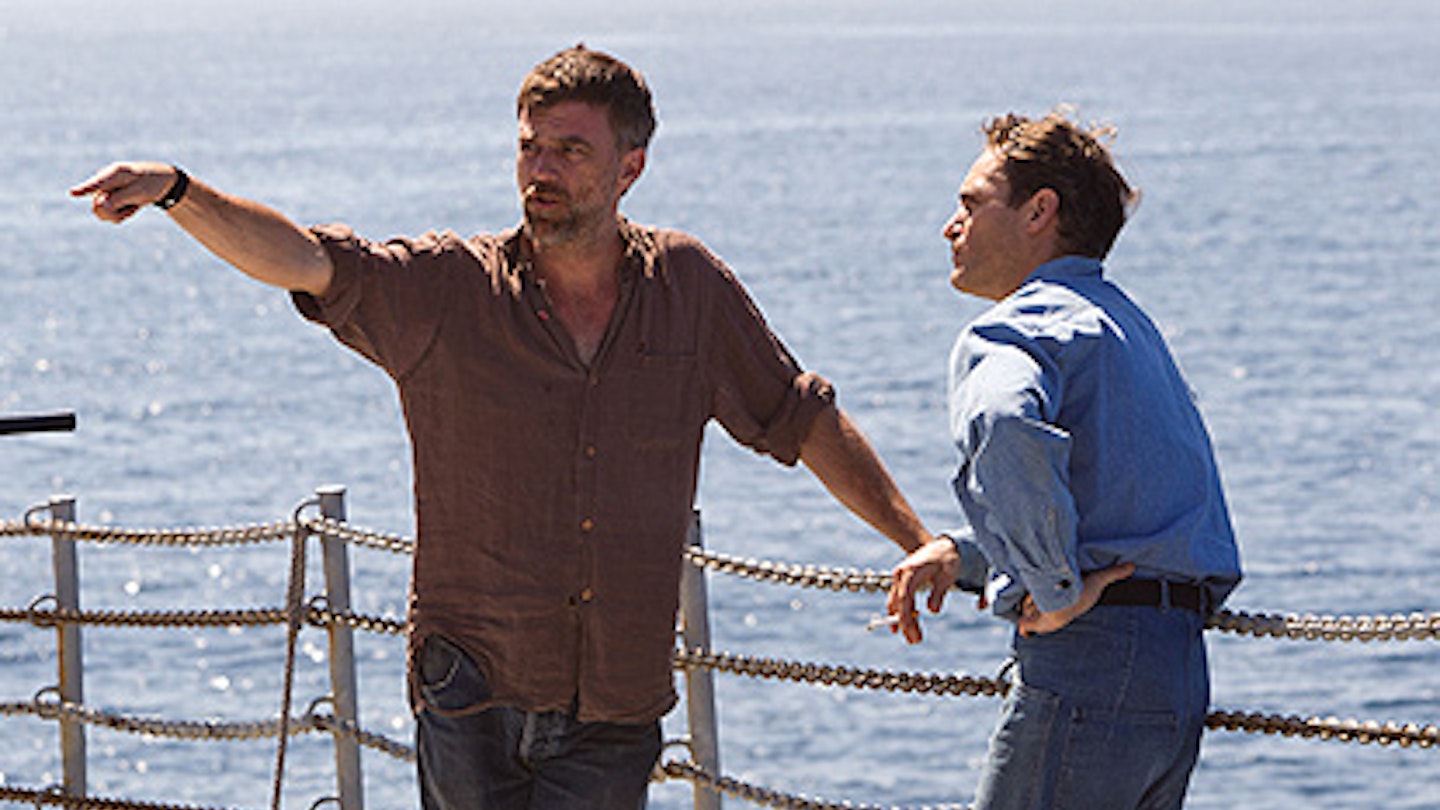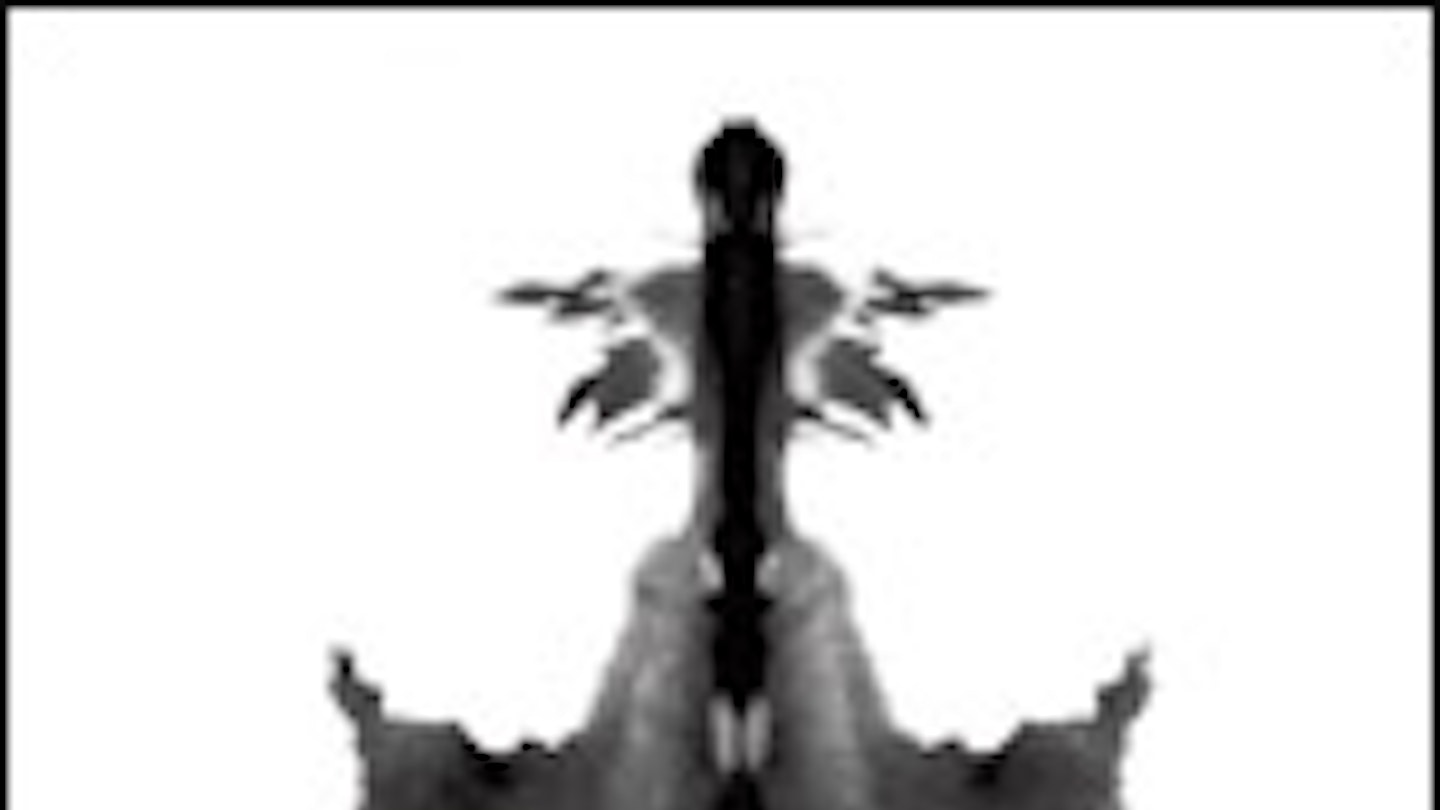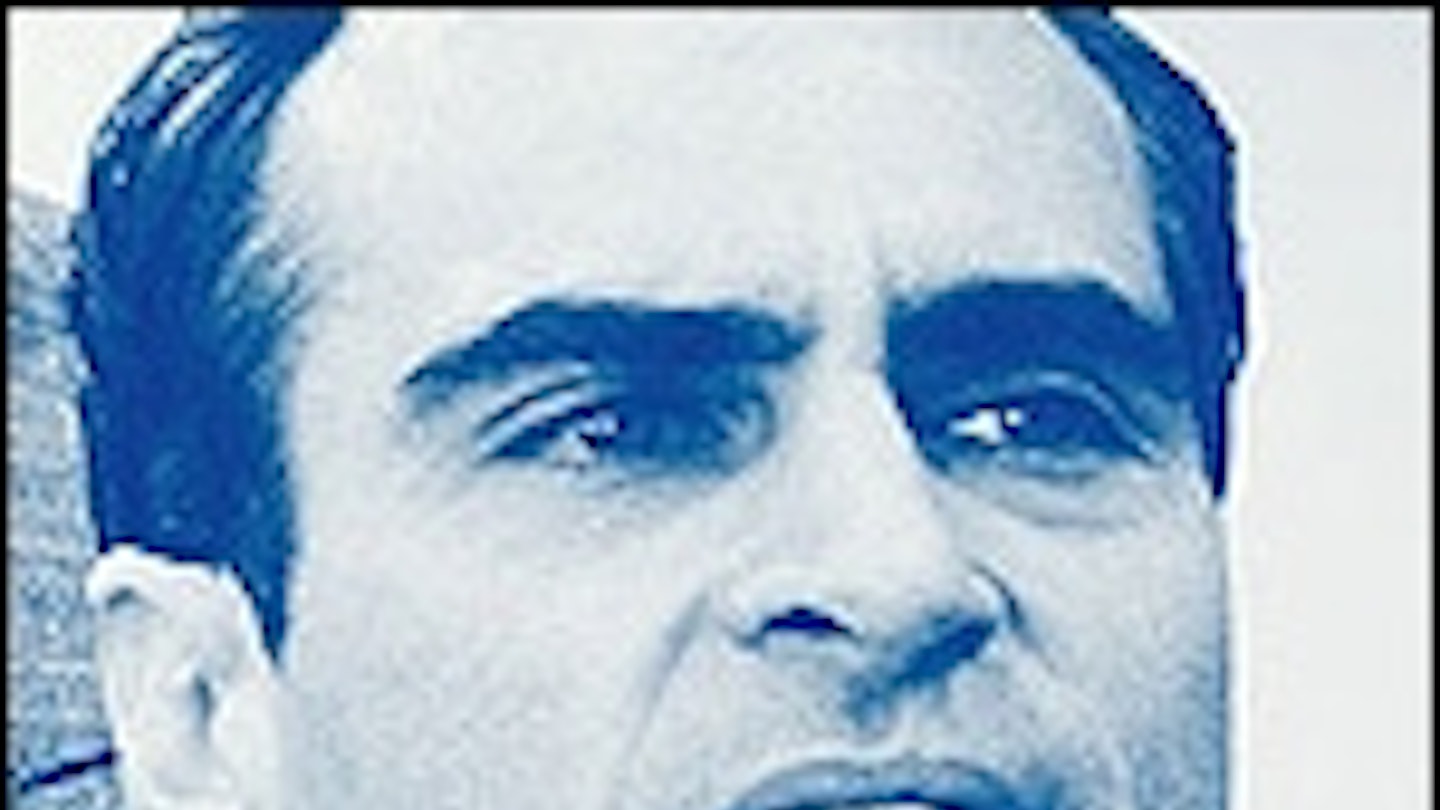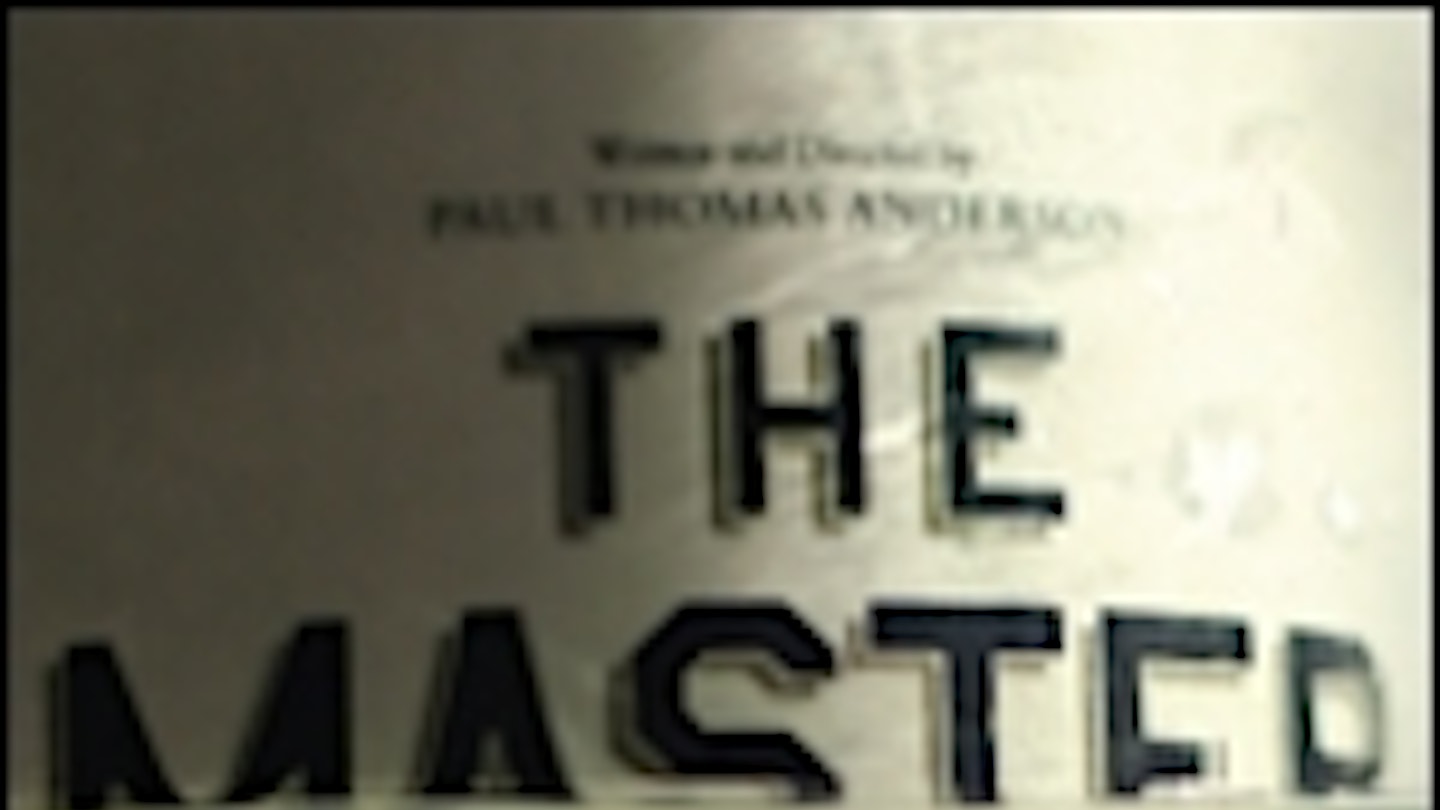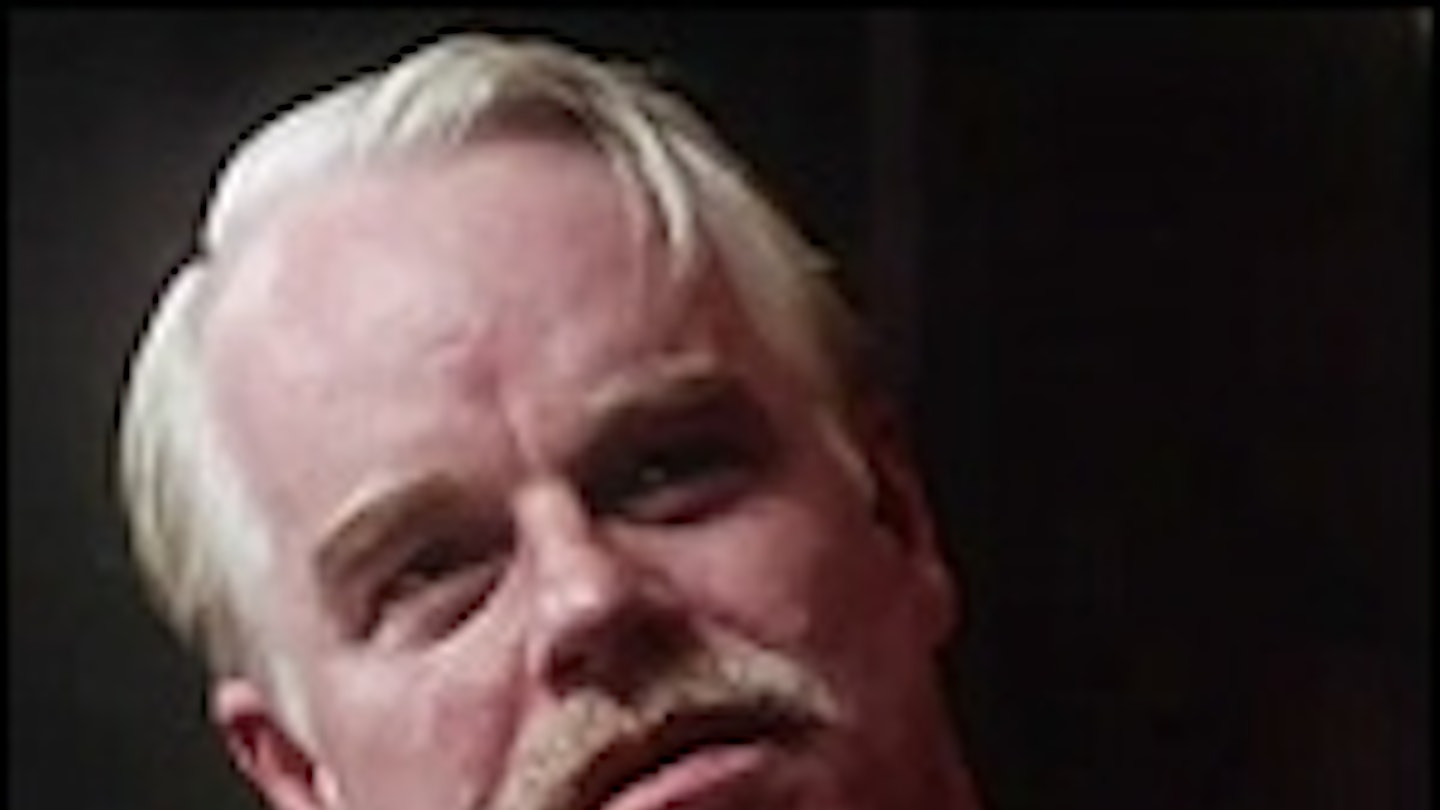For a film called The Master, it takes an awful long time for ‘The Master’ to appear. Indeed, it takes nearly half an hour before we meet Lancaster Dodd (Philip Seymour Hoffman), and it is even longer before we find out his name, which is revealed, almost quite shockingly, during a rare interaction with the authorities of the outside world. The plot is negligible, and for a film that has been so much mooted as being ‘about’ Scientology, it says very little about this particular sect’s methods and motivations except that, though they may be bogus and a tad illegal, for some people The Cause might actually work.
This is because Paul Thomas Anderson’s sixth film is a novelistic work of fiction, something critics seem to be having a hard time grasping in these days of comic book adaptations and remakes. It has real-life correlations, definitely, but this is no roman à clef, and there is nothing more to this film than one man’s imagination. It draws from many areas, from Melvin And Howard by Jonathan Demme (still by far the biggest directorial influence on PTA’s work), from the palette of old Hollywood (Elia Kazan’s love story Splendor In The Grass springs to mind), and from the lives of Depression-era author John Steinbeck and Scientology founder L. Ron Hubbard. But the result is an impressionistic patchwork that ebbs and flows, reaching a breaking point rather than a climax in the usual sense.
And like any good book, if you like it, it is a place to revisit. Contrary to popular belief, there’s no ‘need’ to see it twice. There are no hidden meanings here, nothing to “get”, other than perhaps that there is no real master at all, just two sides of the same coin, each looking to the other for the answers. To Freddie Quell (Joaquin Phoenix), Lancaster Dodd is literally The Man, with his smart suits and sophistry. But to Lancaster Dodd, Freddie Quell is a thing of savage purity, a man with no aim or conscience and nowhere to be except now. This is what drives the movie, the tension between yin and yang, between ego and super-ego, a symbiosis that has been rather simplistically compared to the father-son relationships that run through all PTA’s movies, beginning with his debut, Hard Eight, in 1996.
That reading is certainly there, and there are definitely echoes of Boogie Nights and Magnolia with, respectively, their surrogate and broken families, but this time there is a stand-off, since both men are, in a curious way, quite equal. Hoffman shows a whole new side to his talents here, being funny, charming and surprisingly light on his feet as Dodd. Phoenix is a little less of a revelation, since Freddie is not a million miles from his 2005 portrayal of Johnny Cash, but that’s not to say his performance is in any way predictable. In fact, it is quite the opposite: tender when it should seem shocking and vice versa, creating a genuinely unreadable and, for that reason, most unlikely hero.
Because, at its core, The Master is really about Freddie and the strange, secret romance that holds the key to his violence and his acting out, something he cannot fathom, much less articulate. This is the true motor of the story and what gives The Master its deceptively subtle power: if there is a third wheel here, it is not Dodd’s tough, business-like wife Peggy (Amy Adams) but the girl at the back of Freddie’s mind, the unfinished business he left behind, not simply because she was too young for him but because her affections overwhelmed and overloaded a very rusty, inexperienced heart.
After the rigours of There Will Be Blood, The Master seems positively light at times, and the ending will disappoint those hoping for a similar last-reel crescendo. But like that stark, intimate epic, it is another film for and of its time, touching on themes of recession, demobilisation and survival in its story of two men trying to make sense of post-war life, one creating a new kind of order, the other simply surfing. America’s withdrawal from Iraq gives it an unintended topicality, since The Master isn’t an allegory, just a very poetic, lyrically shot and seductively scored film about how that country dusted itself down from World War II. In Dodd and Freddie we have two archetypes of the national spirit back then: one is ambitious and entrepreneurial, the other just wants to work and get laid.
